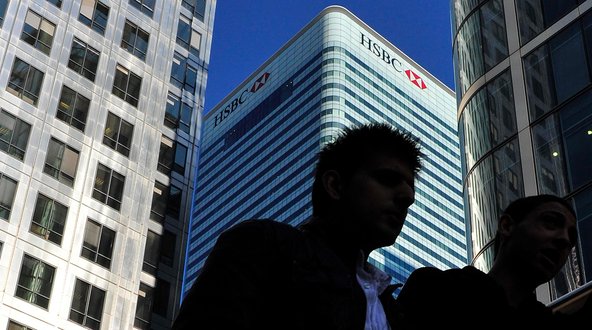In a speech to party cadres containing some of the boldest pro-market rhetoric they have heard in more than a decade, the country’s new prime minister, Li Keqiang, said this month that the central government would reduce the state’s role in economic matters in the hope of unleashing the creative energies of a nation with the world’s second-largest economy after that of the United States.
On Friday, the Chinese government issued a set of policy proposals that seemed to show that Mr. Li and other leaders were serious about reducing government intervention in the marketplace and giving competition among private businesses a bigger role in investment decisions and setting prices. Whether Beijing can restructure an economy that is thoroughly addicted to state credit and government directives is unclear. But analysts see such announcements as the strongest signs yet that top policy makers are serious about revamping the nation’s growth model.
“This is radical stuff, really,” said Stephen Green, an economist at the British bank Standard Chartered and an expert on the Chinese economy. “People have talked about this for a long time, but now we’re getting a clearly spoken reform agenda from the top.”
China’s leaders are under greater pressure to change as growth slows and the limitations of its state-led, investment-driven economy are becoming more evident. This month, manufacturing activity contracted for the first time in seven months, according to an independent survey by HSBC. Economists are lowering their growth forecasts and weighing the risks associated with high levels of corporate and government debt that have built up over the last five years.
“There are quite a number of messages coming from these new leaders,” said Huang Yiping, chief economist for emerging Asia at the British bank Barclays. “They realize that if we continue to delay reforms, the economy could be in deep trouble.”
The broad proposals include expanding a tax on natural resources, taking gradual steps to allow market forces to determine bank interest rates and developing policies to “promote the effective entry of private capital into finance, energy, railways, telecommunications and other spheres,” according to a directive issued on the government’s Web site. “All of society is ardently awaiting new breakthroughs in reform,” the directive said.
Foreign investors will be given more opportunities to invest in finance, logistics, health care and other sectors. For years, Western governments, banks and companies have complained that the China government has impeded foreign investment in banking and other service industries, despite promising to open up. The latest directive, however, did not give details about the specific changes to foreign investment rules that policy makers in Beijing have in mind.
China’s leaders are also promising to loosen foreign exchange controls, changes that are likely to reduce price distortions in the economy and allow the market to determine the value of the Chinese currency, the renminbi. On Friday, the central bank, the People’s Bank of China, issued a statement that repeated such vows.
The push does not signal the end of big government in China. The Communist Party, experts say, is unlikely to abandon the state capitalist model, break up huge, state-run oligopolies or privatize major sectors of the economy that the party considers strategic, like banking, energy and telecommunications.
Beijing seems to be pressing ahead because it has few alternatives. The economy has slowed this year because of fewer exports to Europe and the United States and slower investment growth. Rising labor costs and a strengthening currency have also reduced manufacturing competitiveness.
China’s leaders, including a group of pro-market bureaucrats who seem to have gained in the leadership shuffle this year, seem to think that more government spending could worsen economic conditions and that the private sector needs to step in.
Chris Buckley reported from Hong Kong.
Article source: http://www.nytimes.com/2013/05/25/business/global/beijing-signals-a-shift-on-economic-policy.html?partner=rss&emc=rss
